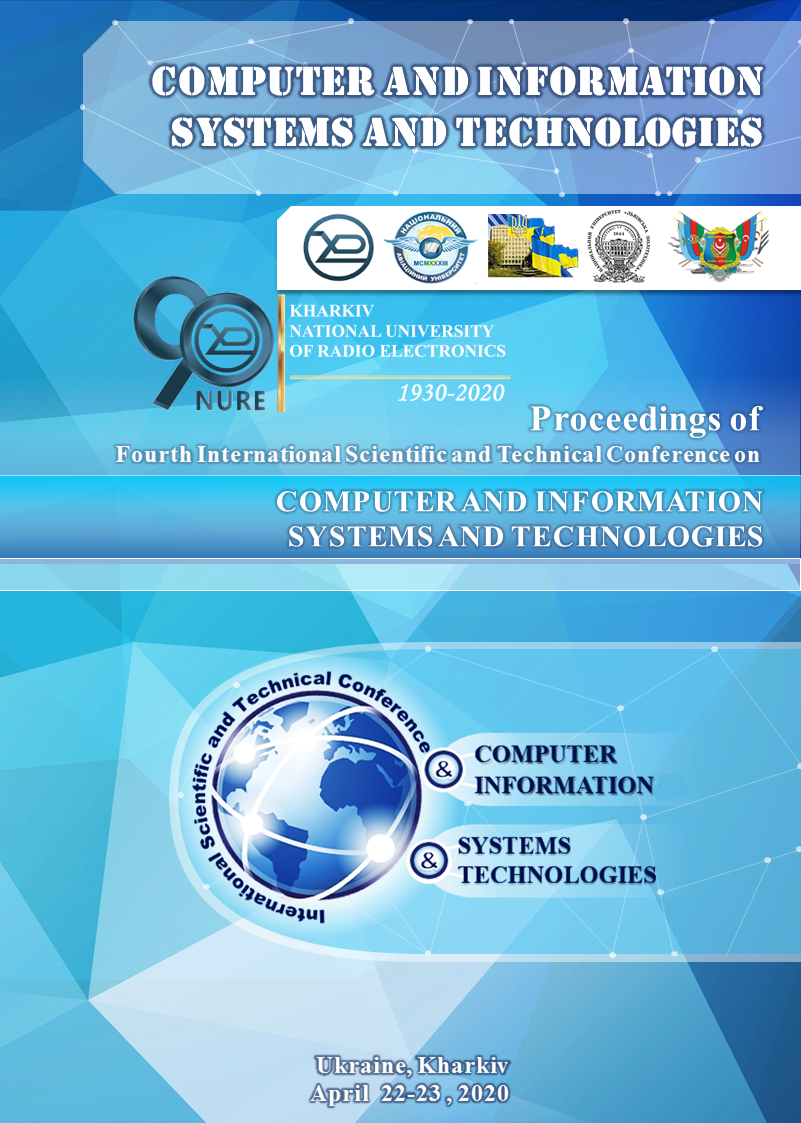Basic Classes Of Mathematical Models Used In Machine Vision Problems
Abstract
Today, computing platforms are a booming industry. However, a huge gap in the technology of “artificial intelligence” and its important component parts – understanding scenes and images – is, in fact, a major limiting factor for further development of complex control systems. In this article we consider the basic classes of mathematical models used in the development of practical image analysis systems currently.References
Ruban, I., Smelyakov, K., Vitalii, M., Dmitry, P., & Bolohova, N. (2018, May). Method of neural network recognition of ground-based air objects. In 2018 IEEE 9th International Conference on Dependable Systems, Services and Technologies (DESSERT) (pp. 589-592). IEEE.
Yaroslavsky L.P. Digital Signal Processing in Optics and Holography: An Introduction to Digital Optics. - M.: Radio and communication, 1987.
Yu.V. Wieselter, S.Yu. Zheltov, A.V. Bondarenko, M.V. Ososkov, A.V. Walrus. Image processing and analysis in machine vision tasks: Course of lectures and practical classes. - M.: Fizmatknig, 2010. - 672 pp.
Lefort G. Algebra and Analysis. - M.: Science, 1973.
Kuratovsky K., Mostovsky A. Set theory. - M.: Mir, 1970.
Serra J. Image Analysis, Mathematical Morphology. – Academic Press, 1982.
R. Duda, P. Hart, Pattern Classification and Scene Analysis. – New York: John Wiley & Sons, 1973.
Lobanov A.N. Photogrammetry. - M.: Nedra, 1984.

